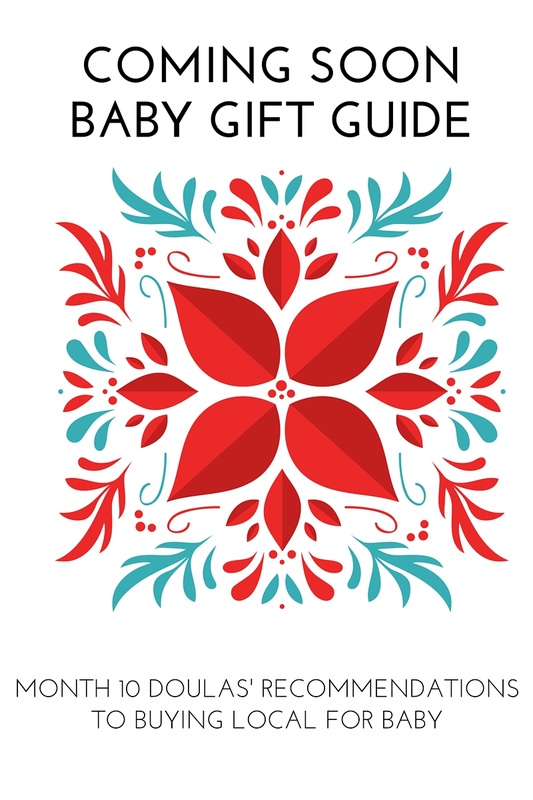Celebrating Holidays and Festivals
With Young Children
By Dianne Bearinger
The Waldorf approach offers many rich and beautiful ideas for celebrating the round of the year. Young children thrive on the magic and excitement of holiday traditions. They also love anticipation. One of the first things about creating holiday traditions in your family can be paying close attention to the build up. All of it can be special. The way the house is prepared. The food that is cooked or the music played. Your children can be included in all of it.
One of the keys to remember is that young children like to do things that same exact way over and over again. Keep that in mind as you plan what you want to do for the celebration, you will probably be asked to do it the same way the following year…and yes, they will remember.
I like to think of the dining room table as the center, or heart, of my own home. Some families have a small alter in their home. I have my table. Most family holiday celebrations happen around a special meal, so the table is a good place to start.
For a Spring Celebration I would start slowly, maybe weeks before, with a simple vase of new spring flowers. Growing grass seed or wheat grass seed in a basket, (with a plant saucer in it), can be a nice alternative to “Easter grass” that you buy at the store. Even very young children can be responsible to keep the grass seed watered, (a spray bottle or mister works well for this). Slowly eggs and nests start to appear and then an egg tree, all laid out on a spring green silk.
Young children love to celebrate things close to their own direct experience. Flowers blooming, grass coming up and turning green, eggs and nests everywhere….these things are miraculous to young children. There is little need to purchase any extra “stuff” to create a beautiful festival. So much can be gathered from your environment. There is also the consideration of the expectation that you establish as part of your tradition. If your family celebrates every Holiday by giving elaborate gifts, that will be what your children expect the holiday to be. If the holiday is about something special that you cook together only at that time of the year, or some special songs that you sing together, that is what the expectation will be.
I also like to think in terms of complete cycles. I once went to a demonstration where these Tibetan Monks made an amazing and elaborate mandala, out of different colored sand. After it was finished and they said a few prayers over it, they wiped it away, and cleaned off the table that it had been on. The work to build it had taken weeks, it was completely gone in an hour. Their belief was that the mandala was attractive to a particular healing spirit, it would draw the spirit’s attention and the spirit would grant a blessing, but then you had to destroy the mandala, in order to release the spirit or else it would get really angry.
I think that when we create a family holiday or festival it is like that, we create an opening for magic to take place. It is also important to release the magic, to clean everything up, and carefully put it away for next time. This can add to the fun like getting together with friends to have a winter bonfire to burn Christmas trees. When my kids were young, we always smashed up the eggs from the egg tree to make a beautiful multi-colored “magic dust” to help our garden.
From the Waldorf perspective the round of the year can be seen as a breathing process: with the winter solstice as the extreme in-breath, and the summer solstice as the out-breath, the equinoxes, (which literally mean equal night, or the time when day and night are in balance), as the points of balance and rest, in between. The colors we use in the classroom reflect this…deep blues in the winter and bright yellows in the summer. Many stories and song reflect the play of light and dark in the round of the year. Celebrating these is also something from the child’s direct experience.
Light and dark, miracles from the natural world, these themes are universal, something that we all share, festivals based on these can also help to bring us all together, whatever religious or spiritual traditions we follow.

 RSS Feed
RSS Feed